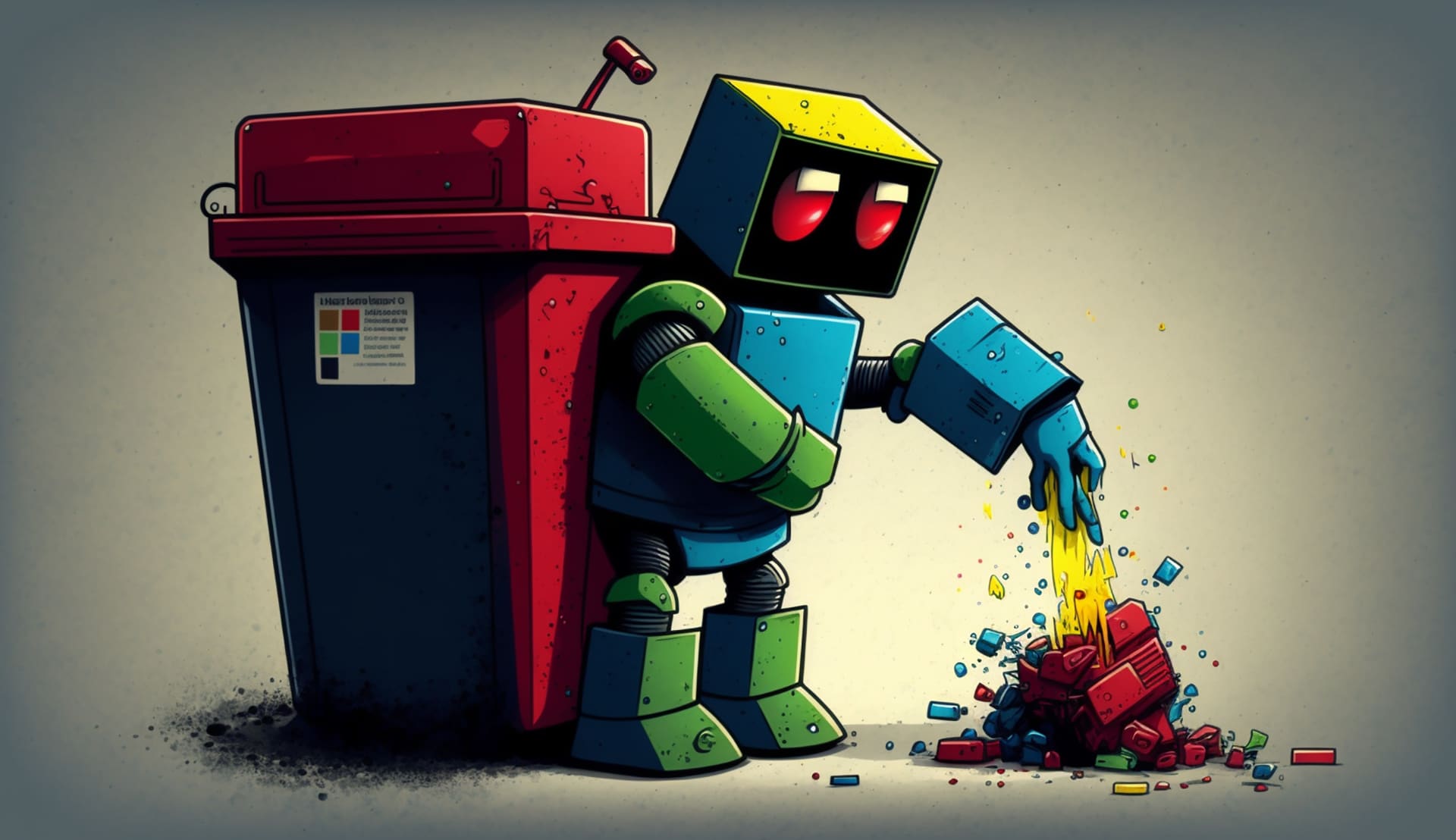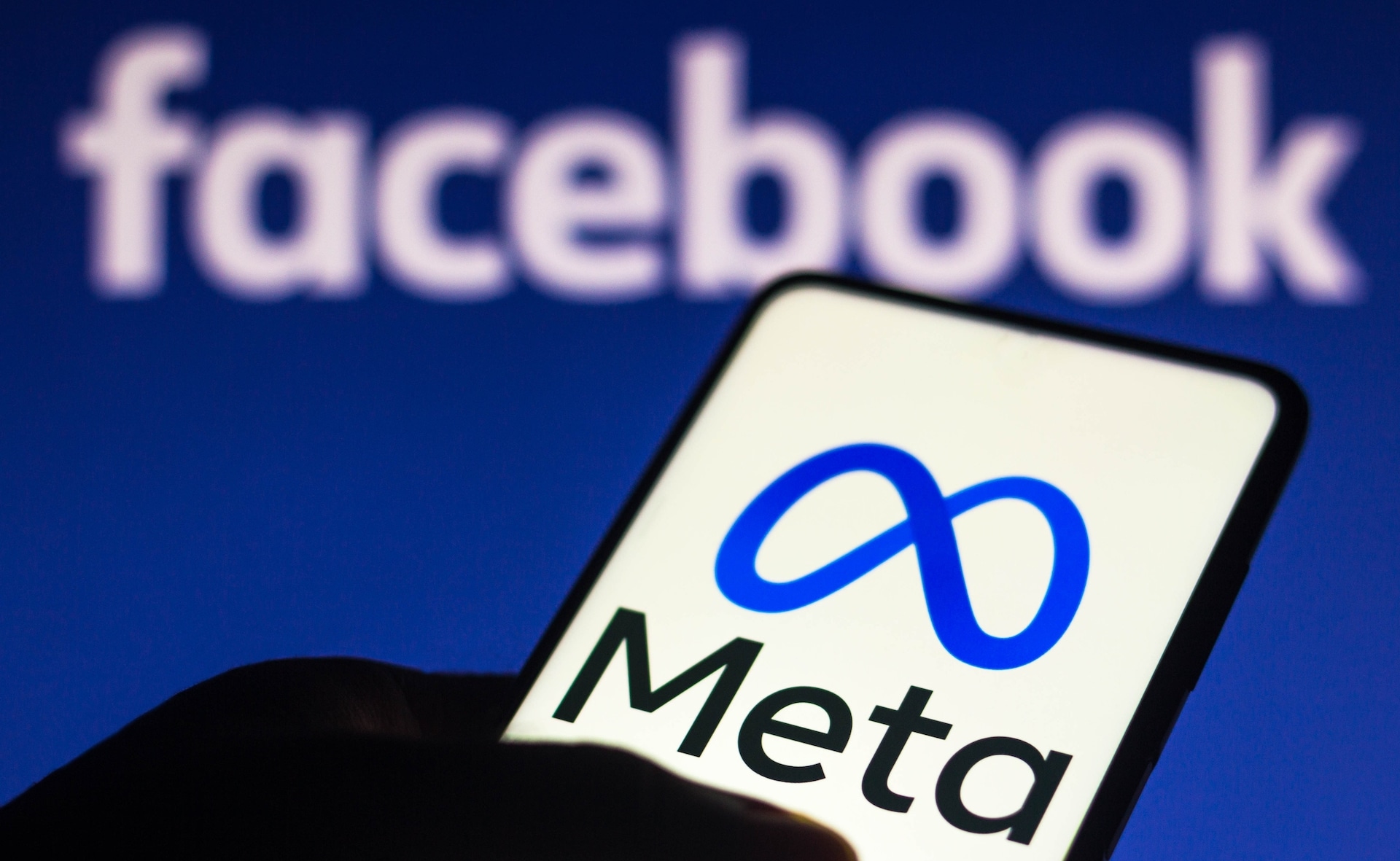Despite constant reminders to create helpful content and the importance of E-E-A-T (expertise, experience, authoritativeness and trustworthiness) – Google Search still finds ways to rank content in top positions that shouldn’t be there.
Look no further than A Chronological List of Star Wars Movies & TV Shows, published yesterday on Gizmodo (note: it was updated today with multiple corrections).
The author: Gizmodo Bot.
Ranking high for [Star Wars movies]. Despite multiple errors, the article ranked just fine:
Now it is in Position 5, but earlier in the day, it was in Position 3, above the Rotten Tomatoes page.
Freshness may have been a key factor here. Also, Gizmodo is a strong brand and publishes lots of content on this and related topics.
This article. It lives on the io9 section (which publishes content around science-fiction and fantasy movies, TV, books, comics) of the technology blog Gizmodo.
The editor’s response. As well all know, AI-generated content isn’t bad just because AI created it. However, this was so bad James Whitebrook, deputy editor, took to Twitter to make it clear that neither he, nor his team, had any part in the editing or publishing of the article:
His full statement:
- “For 15 years, io9 has grown an audience that demands quality coverage of genre entertainment, from critical analysis, to insightful explainers, to accurate news and industry-shaping investigative reporting. These readers have grown io9 into one of the best performing desks at Gizmodo, G/O Media’s flagship site in terms of traffic, and they have done so by rigorously holding this team and the colleagues that came before us to a standard of expertise and accuracy that we have been product to achieve. The article published on io9 today rejects the very standards this team holds itself to on a daily basis as critics and as reporters. It is shoddily written, it is riddled with basic errors; in closing the comments section off, it denies our readers, the lifeblood of this network, the chance to publicly hold us accountable, and to call this work exactly what it is: embarrassing, unpublishable, disrespectful of both the audience and the people who work here, and a blow to our authority and integrity. It is shameful that this work has been put to our audience and to our peers in the industry as a window to G/O’s future, and it is shameful that we as a team have had to spend an egregious amount of time away from our actual work to make it clear to you the unacceptable errors made in publishing this piece.
The correction. The editorial team has now updated the article and added a note at the bottom:
- “A correction was made to this story on July 6, 2023. The episodes’ rankings were incorrect. In particular, The Clone Wars was placed in the correct chronological order in the corrected list.“
If you’re curious about what the original version looks like, you can see it via the Wayback Machine.
Why we care. You absolutely can publish AI-generated content. Some of it may rank well – even within the top 5 results. But if that content has incorrect information, because it hasn’t been reviewed by an editor and/or subject matter expert, there could be severe long-term damage to your brand’s reputation.
Not the first, nor the last. Many brands – in an attempt to save costs by laying off human writers (see: Red Ventures’ BankRate and CNET) – are turning to AI-generated content. It’s faster and cheaper to produce, but the end result hasn’t always been good:








